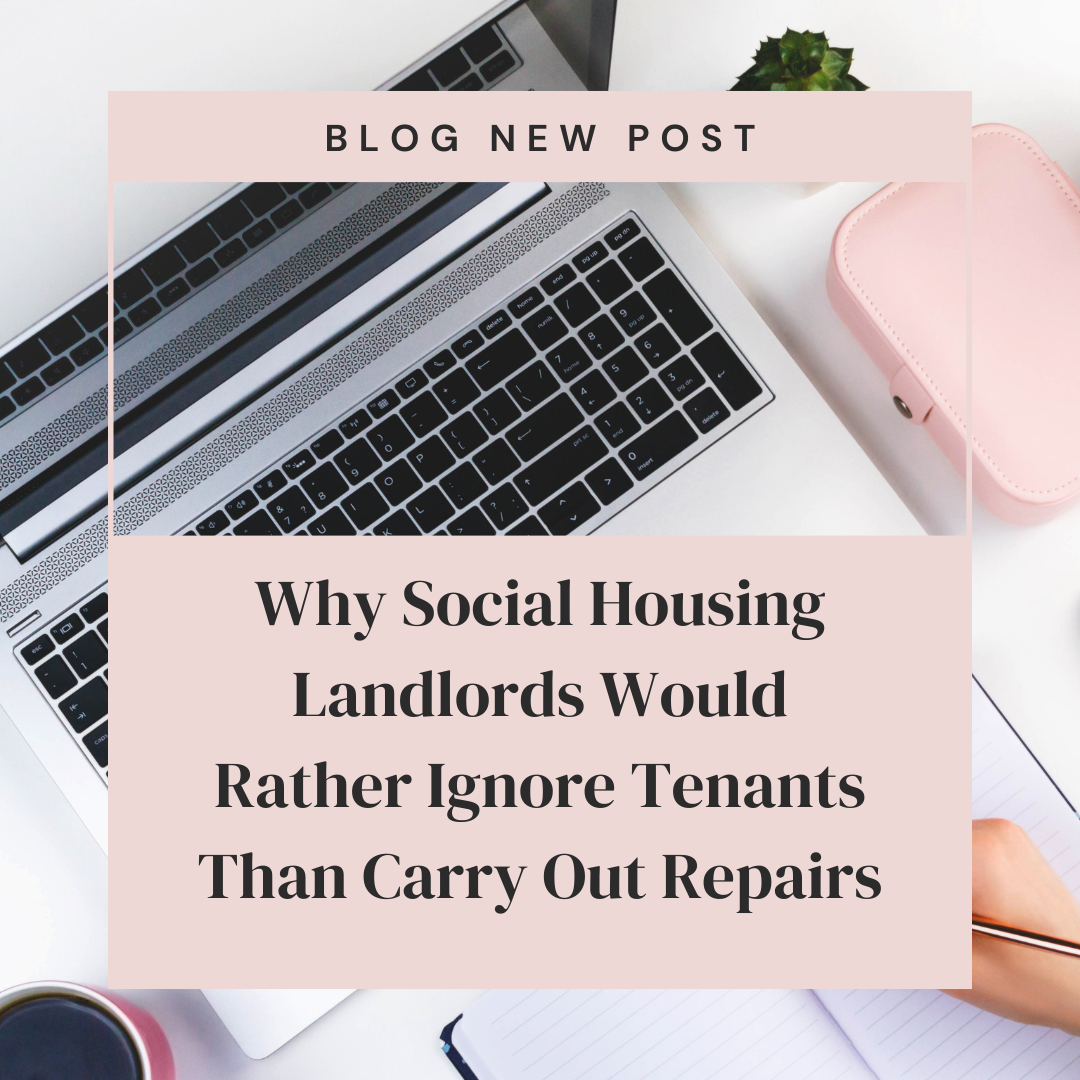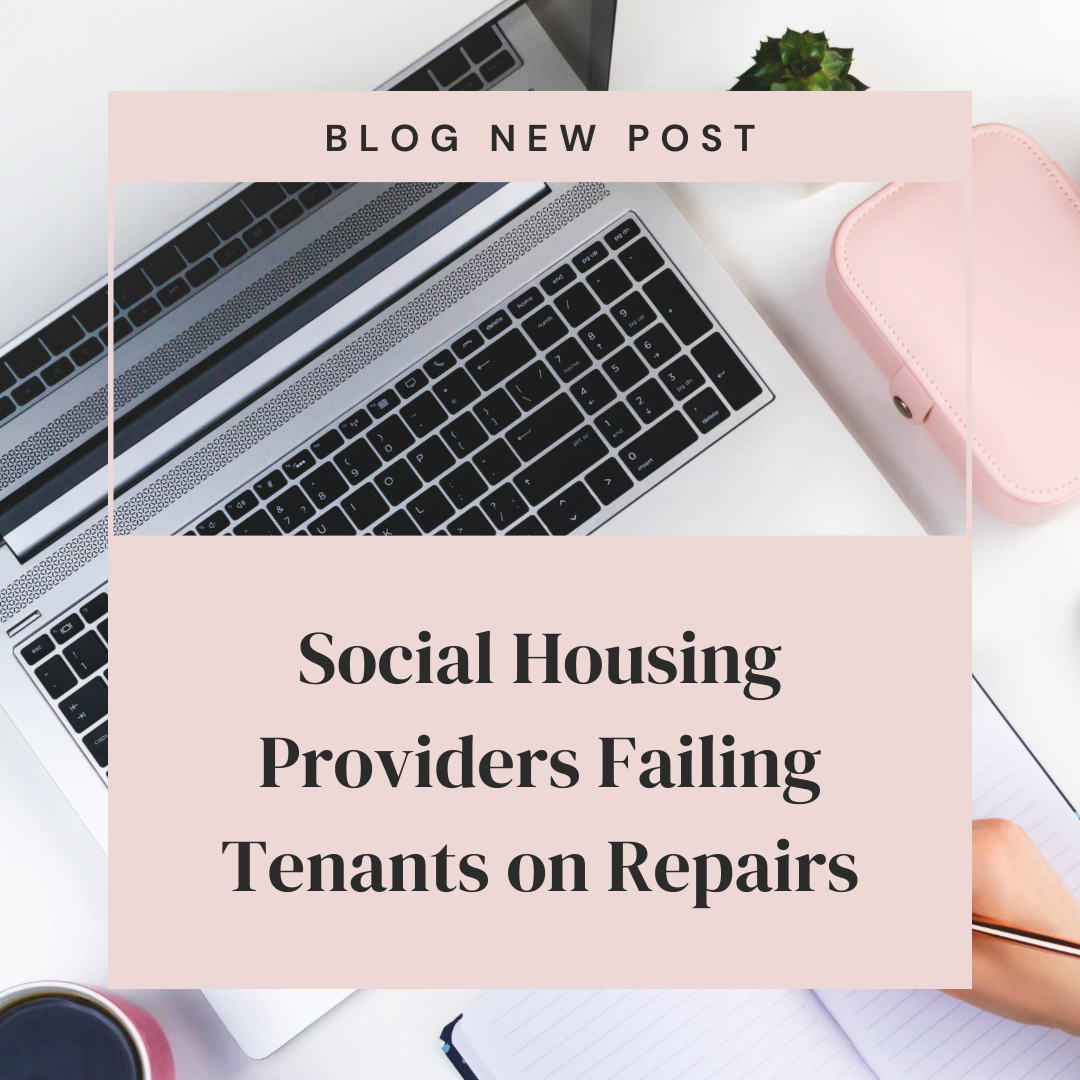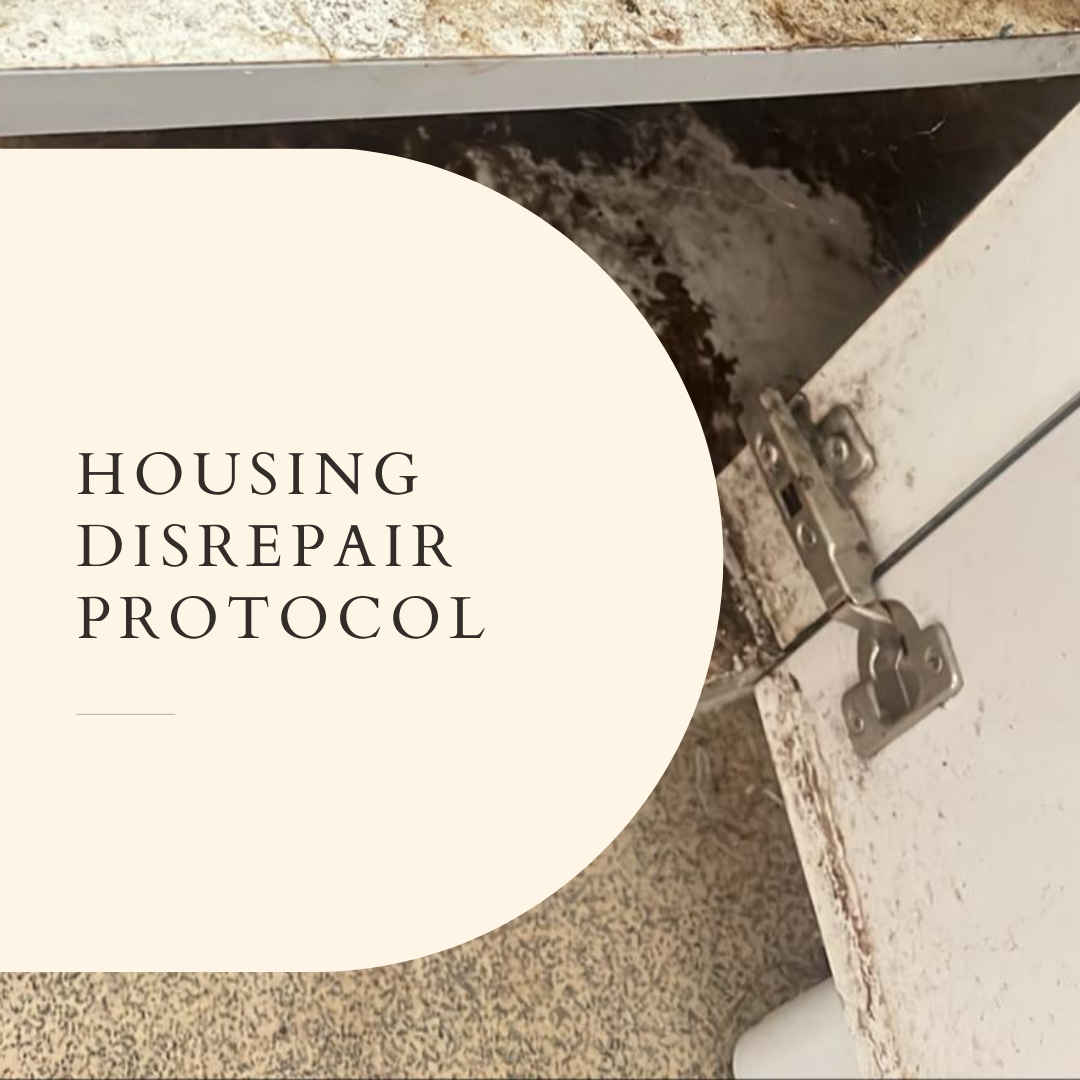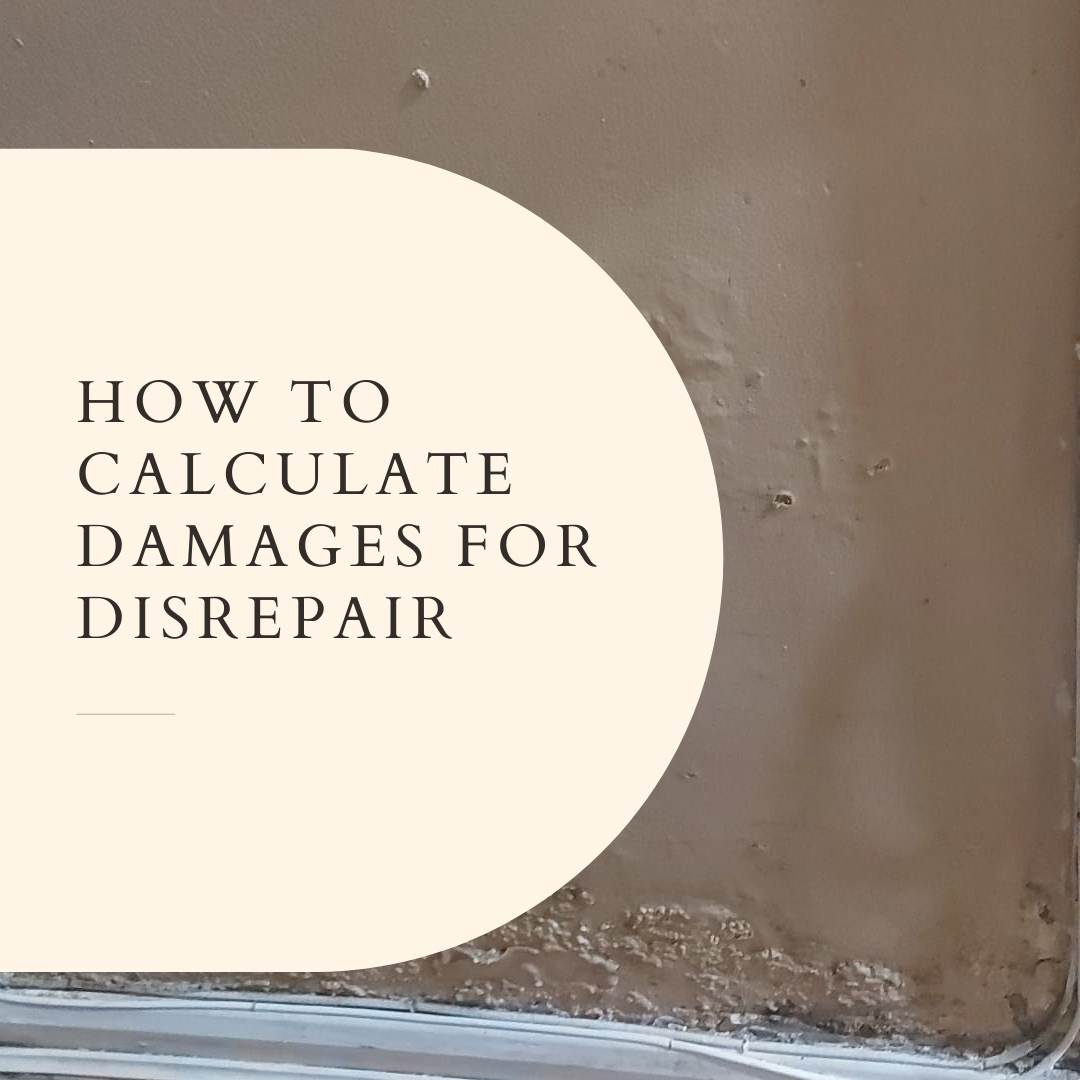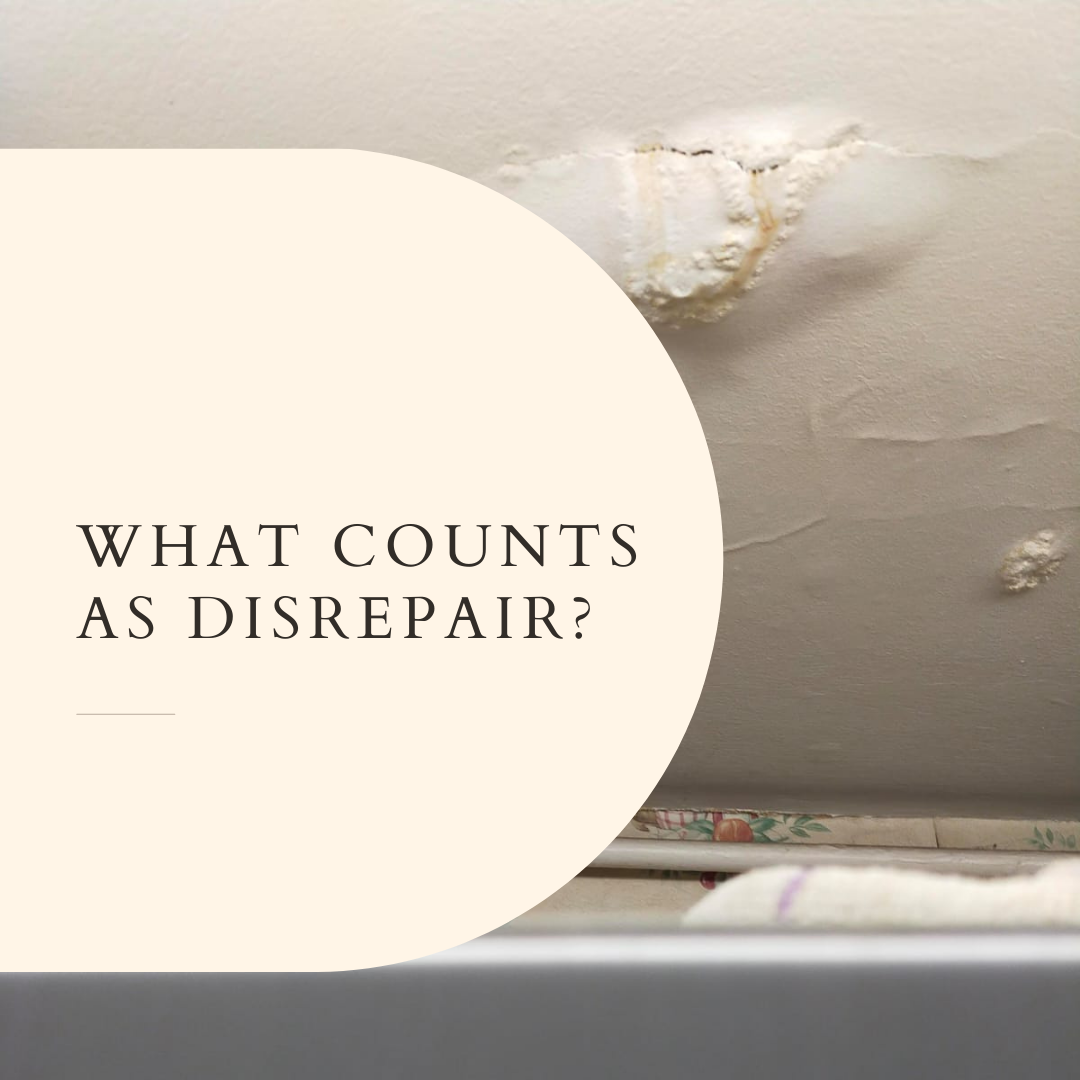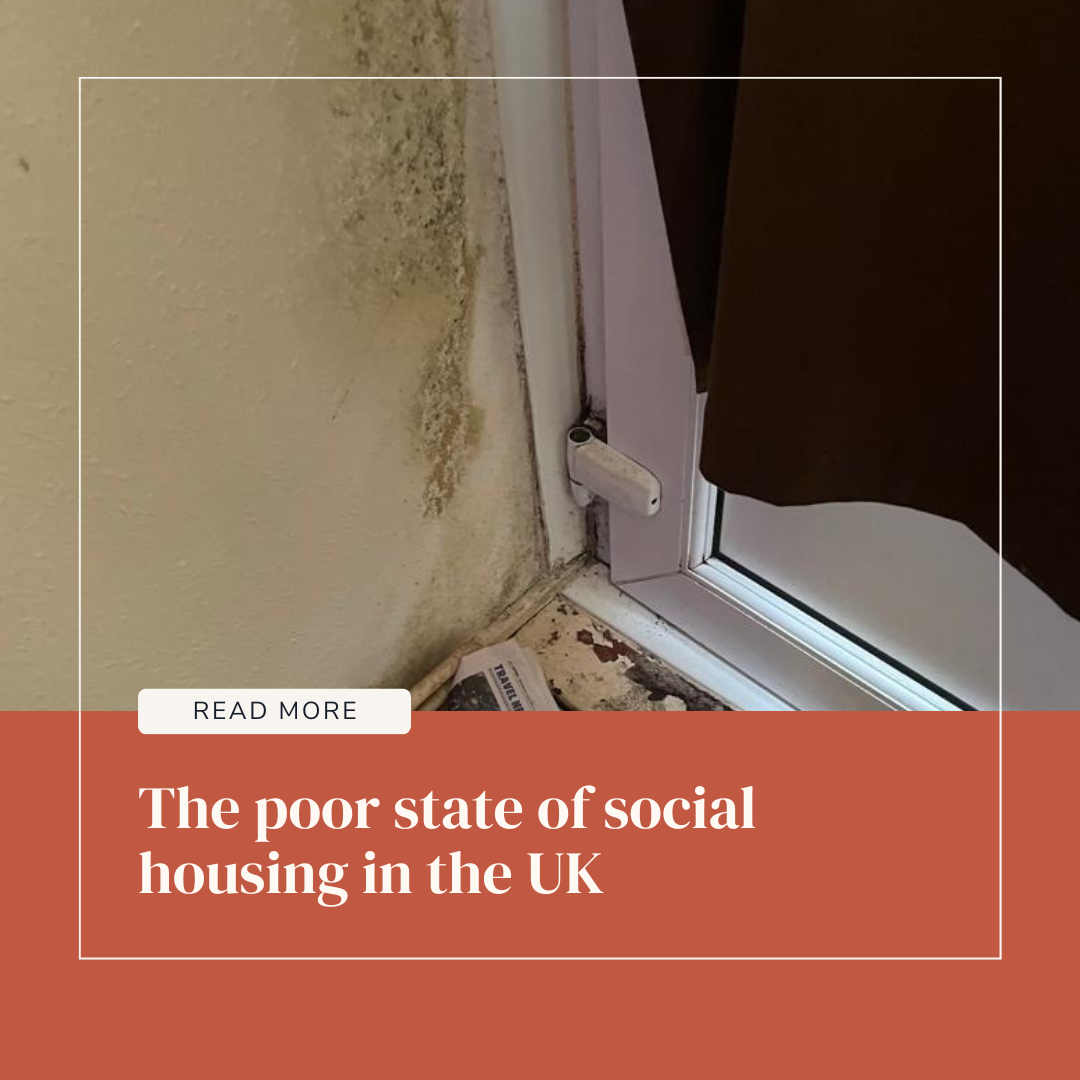Social housing is supposed to provide affordable, safe, and secure housing for those who need it. However, in recent years, there have been increasing reports of social housing landlords ignoring tenants’ requests for repairs.
There are a number of reasons why social housing landlords might choose to ignore repairs. One reason is that they may not have the funds to carry out the repairs. Social housing landlords are often under-funded, and they may not have the money to fix all of the problems that their tenants report.
Another reason why social housing landlords might ignore repairs is that they may not think that the repairs are necessary. They may believe that the problems are not serious enough to warrant the expense of repairs.
In some cases, landlords may ignore repairs because they do not want to upset their tenants. They may worry that if they fix the repairs, their tenants will start to expect more repairs in the future.
Whatever the reason, ignoring repairs is a serious problem. It can lead to tenants living in substandard housing, and it can put their health and safety at risk.
If you are a tenant and you have a repair that needs to be done, it is important to know your rights. You have the right to a safe and habitable home, and your landlord is legally obligated to make repairs.
If your landlord refuses to make repairs, you can take action. You can file a complaint with your local housing authority, or you can take your landlord to court.
It is important to remember that you are not alone. There are many other tenants who are facing the same problem. By speaking up and taking action, you can help to improve the quality of housing for everyone.
Important links:
Housing disrepair advice https://housingdisrepairadvice.org/contact
Housing Ombudsman https://www.housing-ombudsman.org.uk/
